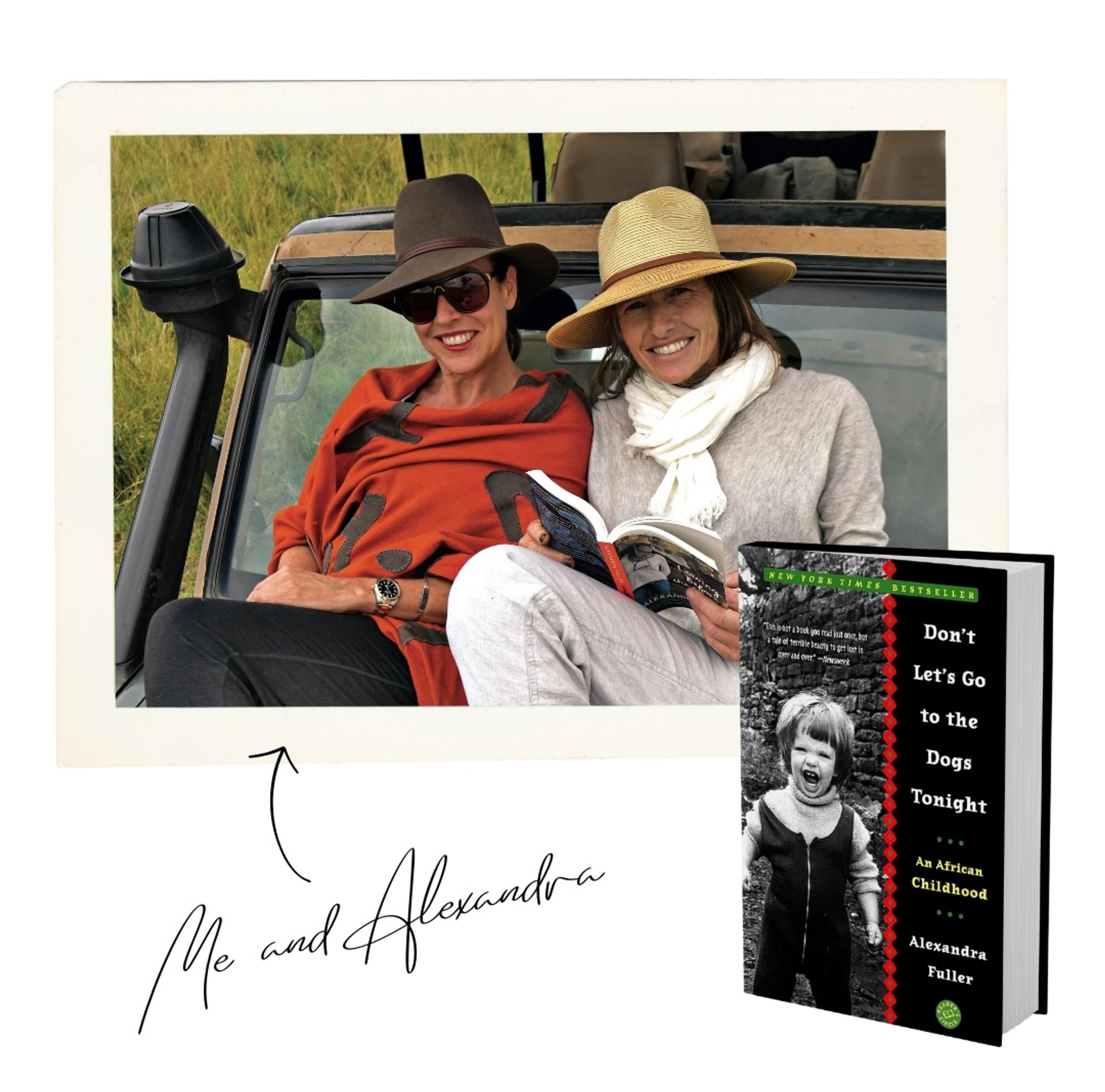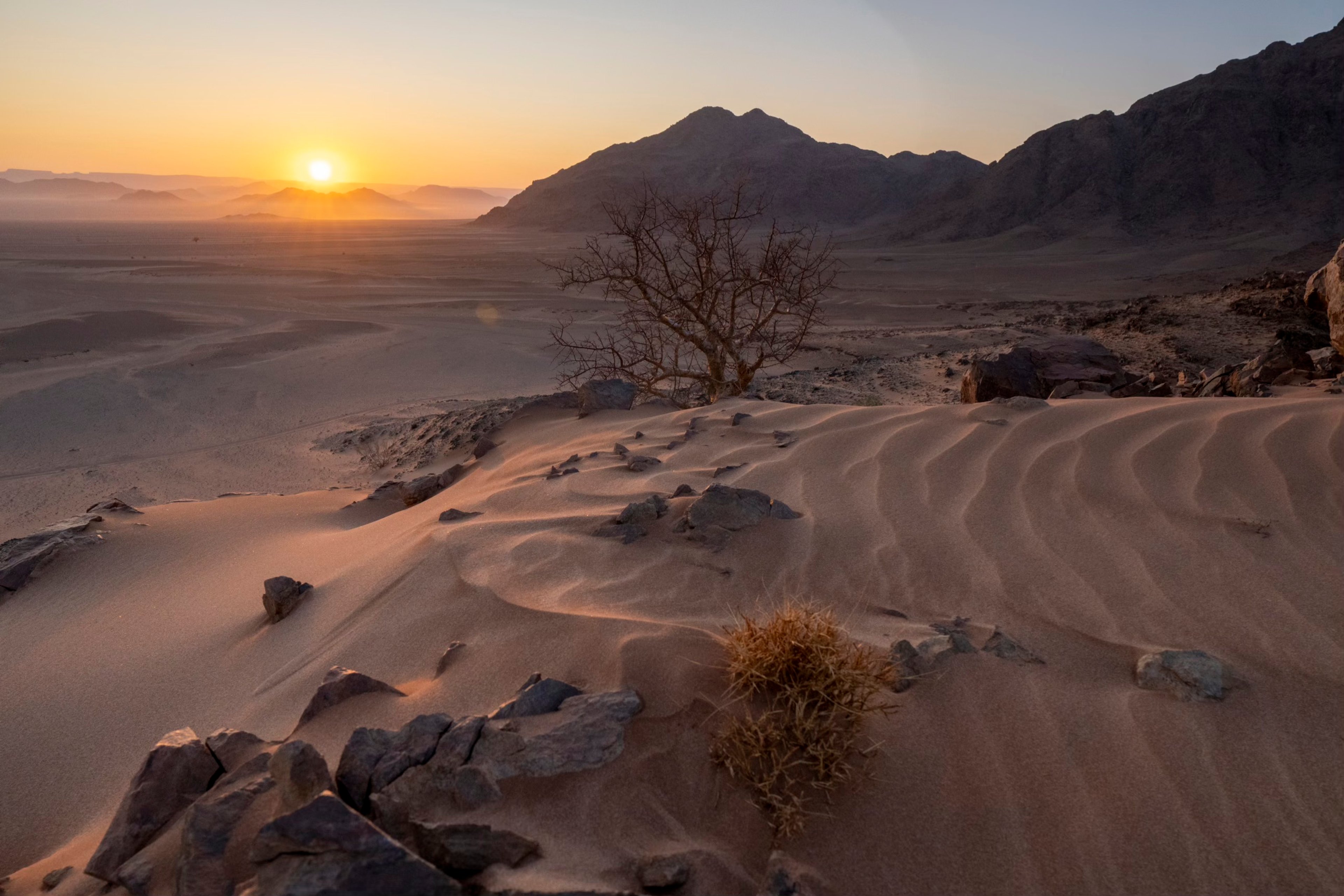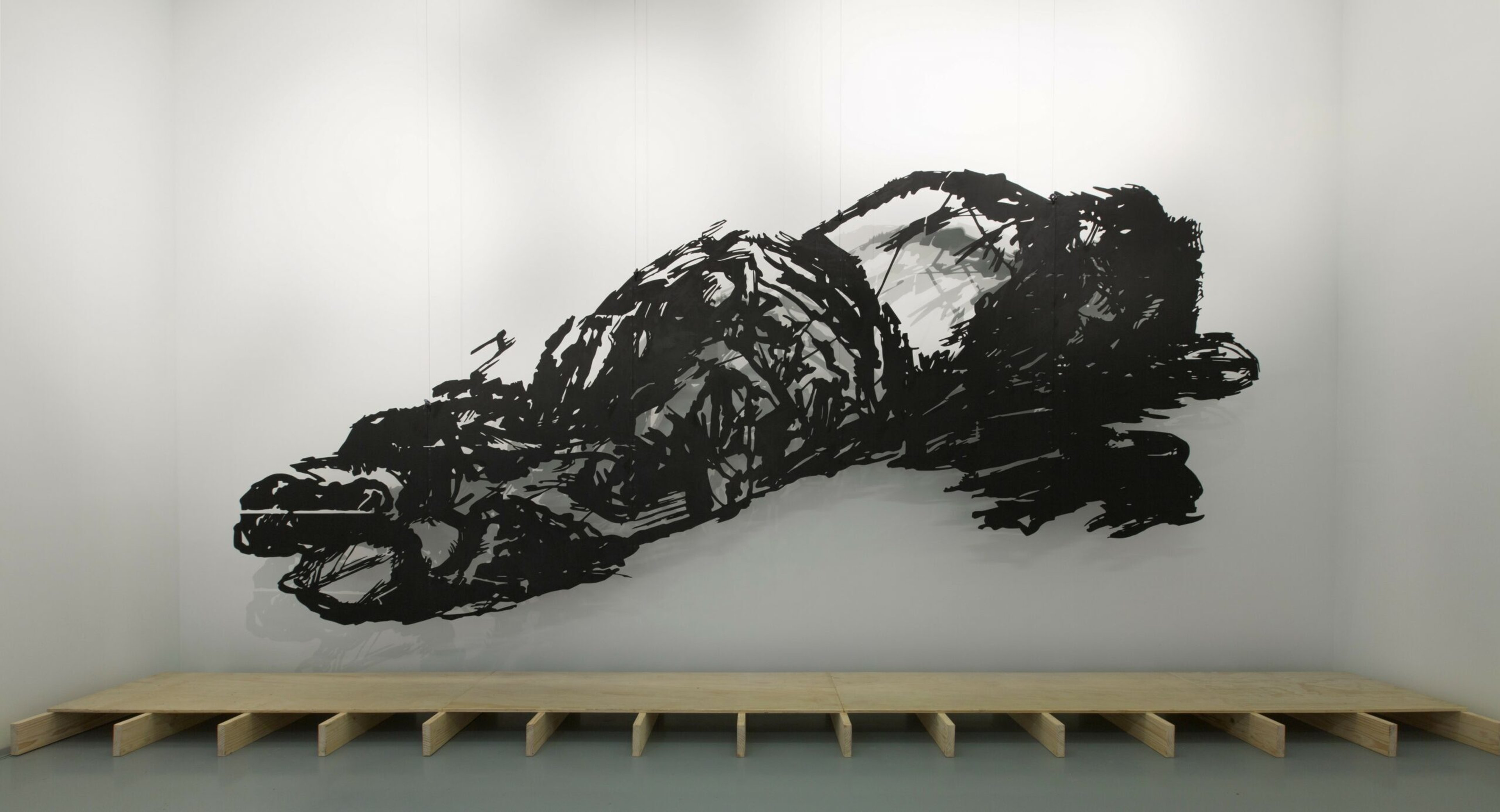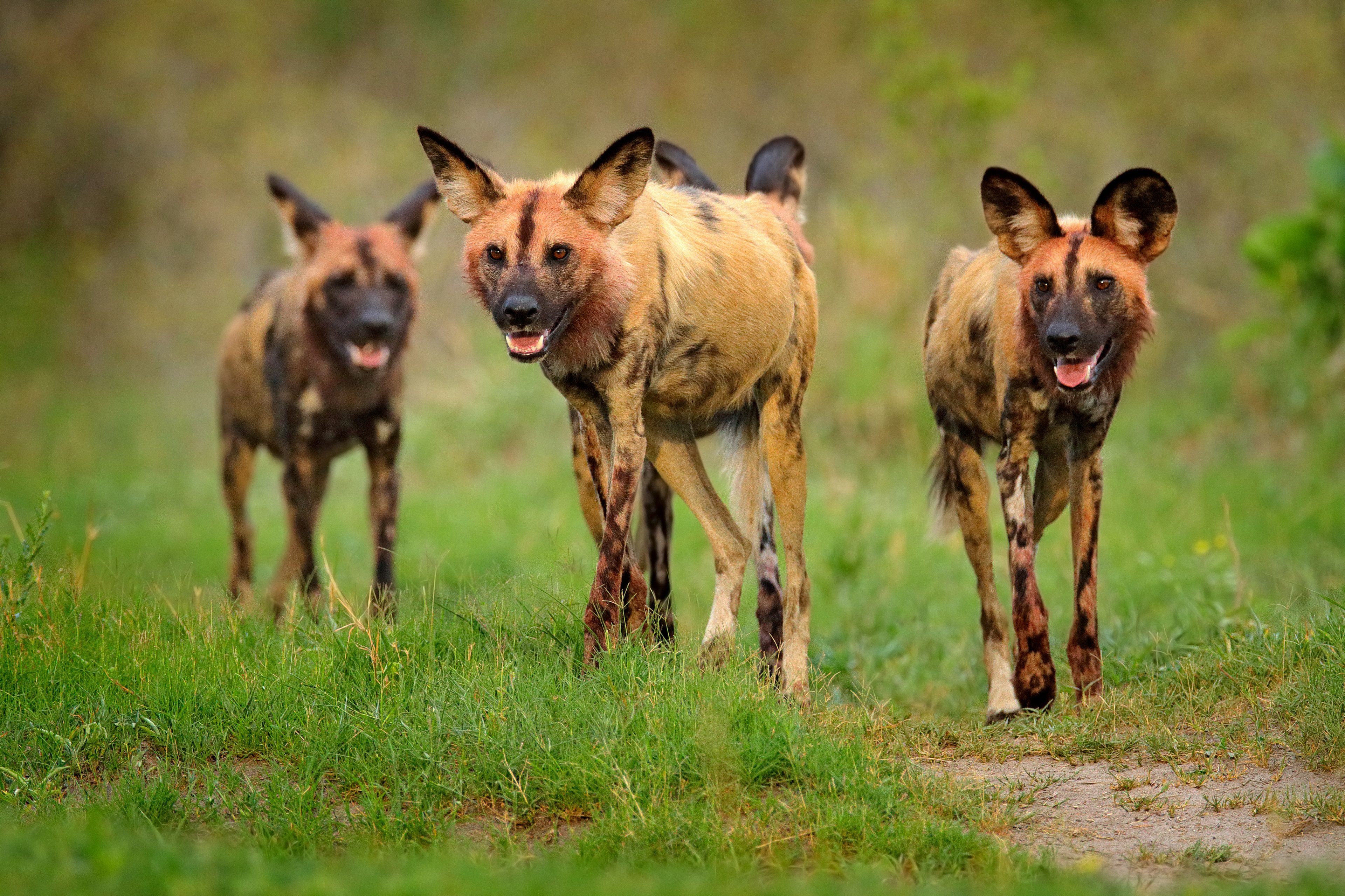Our story on screen
The film adaptation of Don’t Let’s Go To The Dogs Tonight, based on the highly celebrated book by my dear friend Alexandra Fuller, will be released in July and I am thrilled to be hosting a screening in New York in the fall.
Alexandra and I went to school together. We grew up on farms in Zimbabwe during the war of liberation. She was seven years old, and I was five. And while our days were often filled with wild adventures in wide open spaces of big, blue skies, cicada beetles humming and tribal tales flowing, they were also marred by a deep fear and confusion that punctuated our childhood “paradise.” The nights in particular were laden with terror, sandbags surrounding our house, army tanks patrolling and guns full of bullets lying beside our beds.











